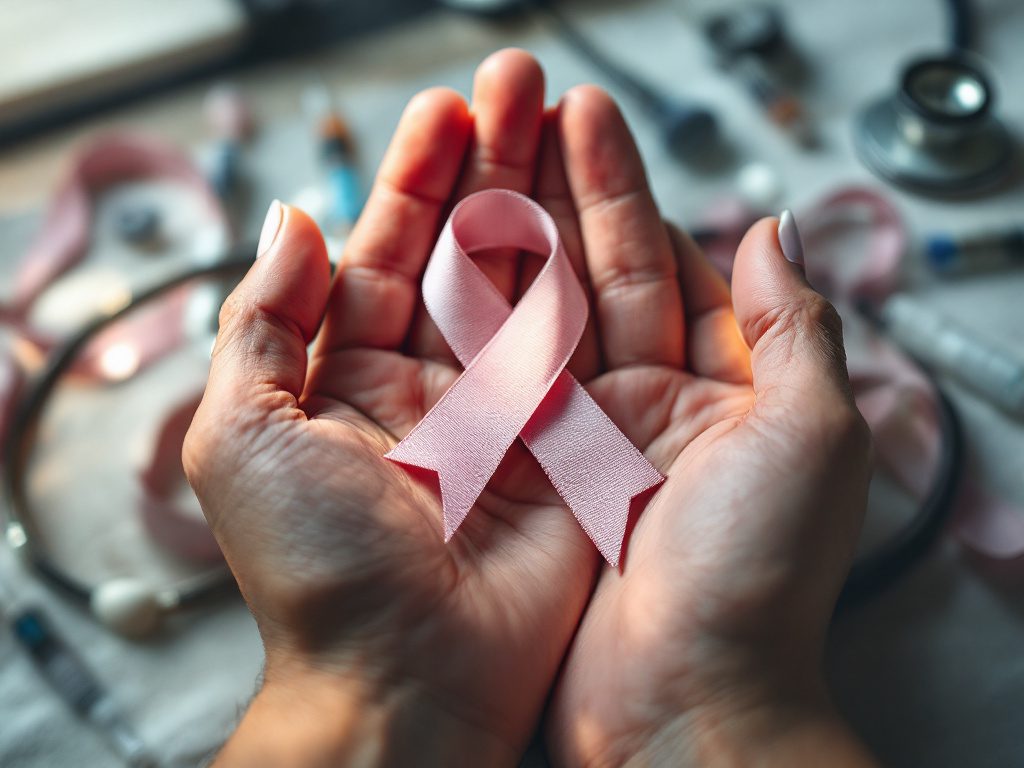The Hidden Toll: Gender and the Cancer Survivor’s Journey
Imagine overcoming the harrowing journey of cancer—only to find yourself trapped by an exhaustion that refuses to lift, and a depression as shadowy as your diagnosis once was. For millions of American survivors, this invisible aftermath is not just a story of perseverance—it’s a tale of deep, persistent struggle. Yet, according to emerging research, women are bearing an outsized share of this lingering distress.
A striking retrospective study, unveiled at the 2025 American Association for Cancer Research (AACR) Annual Meeting by Dr. Simo Du of NYC Health + Hospitals/Jacobi and Albert Einstein College of Medicine, draws back the curtain on this gender gap. Collecting and analyzing data from 1,555 cancer survivors in the National Health and Nutrition Examination Survey (NHANES), researchers found that women outpace men by 69% in rates of cancer-related fatigue and by 58% in depression. These aren’t marginal differences—when you account for America’s 25 million survivors, that translates to a public health disparity hiding in plain sight.
Even for those who understand how grueling chemotherapy or radiation can be, “cancer-related fatigue” is a distinct beast. Unlike everyday tiredness, this relentless weariness resists recovery, persisting months or years past treatment. NHANES survey data captures a bleak spectrum of symptoms among survivors—hopelessness, poor appetite, sleep disturbances, and even thoughts of self-harm. And nowhere is this more acute than among women, who, experts note, may suffer higher toxicity from cancer treatments due to physiological differences.
Life Paused: How Fatigue and Depression Steal Joy from Survivors
But how do these metrics translate to the everyday texture of life? Beyond the numbers, the lived experience for many survivors is a narrative of quiet resignation—a forced scaling back of beloved activities, social outings, or even simple self-care. The study’s lead author, Dr. Du, recalls during her residency how female patients often described the simple act of getting dressed or showering as overwhelming obstacles. “It’s as if the world becomes smaller,” she noted, “not because these women want to withdraw, but because energy and joy are rationed, sometimes down to the smallest increments.”
According to the study, survivors reporting fatigue or depression slashed their recreational pursuits almost twofold compared to peers without these symptoms. For many women, what begins as a medical triumph—survival—evolves into a daily battle against symptoms that sap motivation, break routines, and erode emotional resilience. Social isolation and decreased physical activity feed into a vicious cycle, exacerbating both mental and physical health risks.
“Cancer survivorship isn’t just about beating the disease—it’s about reclaiming a life worth living. For too many women, that victory feels incomplete when fatigue and depression linger, quietly undermining every step forward.”
Experts like Dr. Michelle Briere, a psycho-oncologist at Harvard Medical School, emphasize that the emotional fallout of cancer often receives less attention than needed: “We celebrate remission, but don’t arm patients for the mental health struggle that follows. Women, in particular, are more likely to shoulder family, work, and social responsibilities, making their post-cancer challenges even more complex.”
Gender-specific factors go deeper. Differences in drug absorption rates have led calls for research into individualized, gender-aware cancer therapies. Yet, for now, survivors are too often left to navigate fatigue and depression with generic follow-up care. According to a 2023 Pew Research Center analysis, the gender care gap persists in numerous chronic disease contexts—cancer simply magnifies the problem.
Bridging the Gap: Rethinking Support for Survivors
Beyond the urgency for more research, the question arises: how do we actually address these profound disparities in survivorship? Dr. Du and her colleagues are already planning next steps—studying tailored interventions and exploring whether gender can modify the impact of such support. But as public health advocates have long argued, culture change within medicine is notoriously slow. If cancer survival rates have rightly improved thanks to early detection and new therapies, quality of life in the wake of these hard-won cures remains unevenly distributed, tilted against women.
The stakes extend beyond individual suffering. Lower quality of life and persistent fatigue are linked to less physical activity—raising risks for a cascade of other chronic illnesses, from heart disease to diabetes. For survivors who sometimes feel forgotten after the last scan, systemic gaps threaten to turn medical victory into an ongoing defeat.
A progressive vision means more than congratulating survivors. It means rethinking workplace, social, and medical policies to ensure that those most vulnerable—especially women—have tailored resources to truly recover, physically and emotionally. Could more inclusive research and clinical guidelines narrow this gap? As evidence mounts, the answer is increasingly clear: we owe it to cancer survivors to restore not just their lives, but their living.
History offers a parallel in the long fight for HIV/AIDS patient care, where quality-of-life metrics eventually became as integral as viral counts. Today, as the nation faces an aging population of survivors, policymakers must heed data—like that from NHANES and AACR—not merely as warning, but as a call to action. Justice in health means more than survival; it’s about restoration, dignity, and a full measure of joy post-diagnosis.

